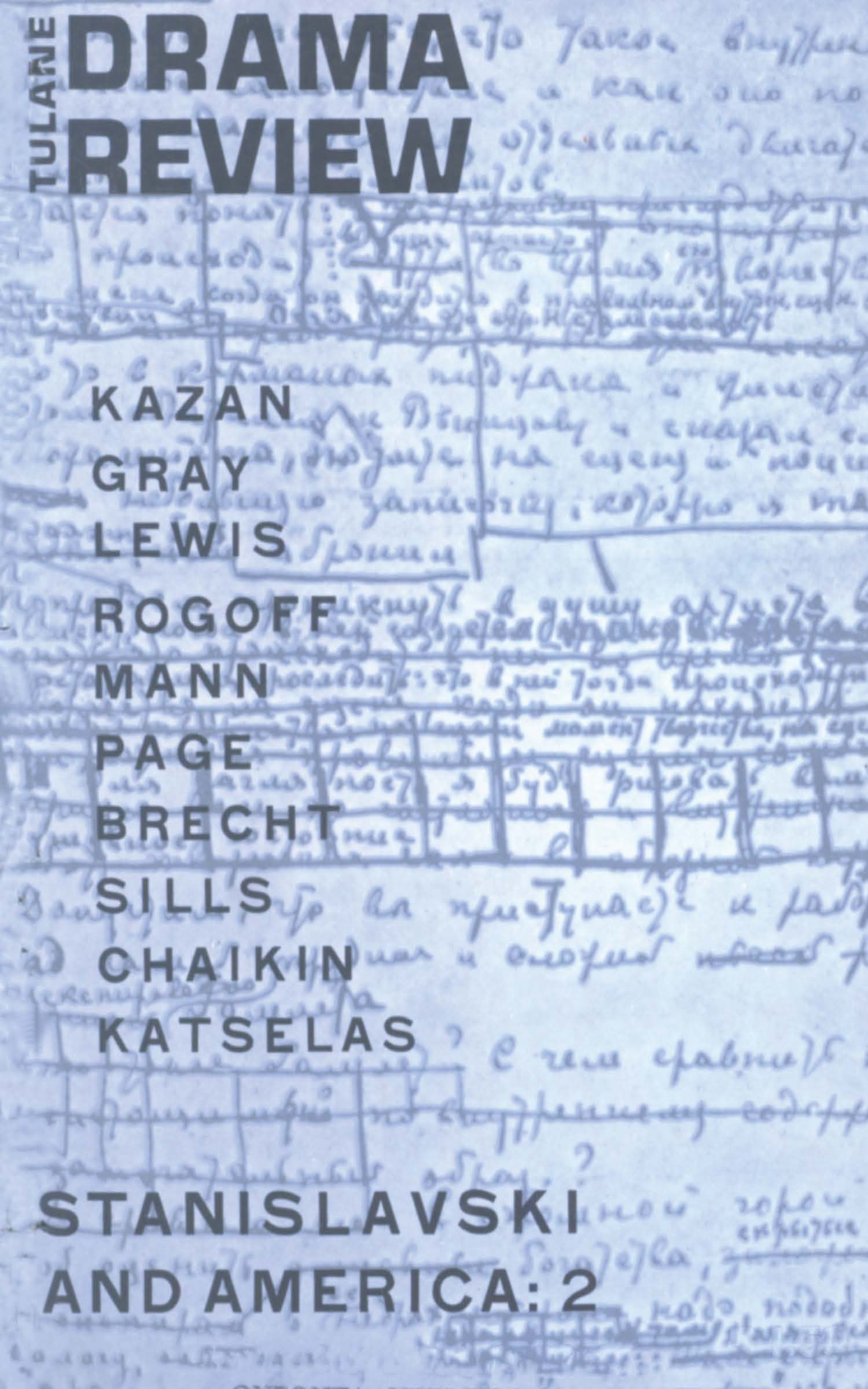Article contents
Dramatic Form—And: Tracking Down Implications
Published online by Cambridge University Press: 23 November 2021
Extract
In Chicago during the summer of 1961, I offered part of a paper on “Dramatic Form and Human Motivation.” I began with the theory of classical form (as the arousing and fulfillment of expectations) which I had originally developed in Counter-Statement. Form as so conceived was reduced to three principles: progressive, repetitive, and conventional.
“Progressive” form was said to involve the use of situations which led the audience to anticipate or desire certain developments. “Repetitive” form involves the ways in which a work embodies a fixed character or identity, the ways in which a work, however disjunct, manifests some kinds of internal self-consistency. “Conventional” form (or “categorical expectancy”) involves the kinds of expectation which an audience brings to the theatre as an established institution.
- Type
- Research Article
- Information
- Copyright
- Copyright © The Tulane Drama Review 1966
References
1 In effect, the formal principle of dramatic expectation becomes the theme of this drama. And notable among its implications is the burlesque of religious vigil (a frustrated awaiting of the savior).
2 This diagram was not in the original article, though I have used it in classroom discussions. I am not sure just how my thesis lines up with Mr.Scheduler's ingenious speculations (See pp. 39-53). But I think the two approaches are complementary rather than mutually exclusive. It seems to me that he is primarily concerned with the nature of progressive form in contemporary drama, whereas I am centering on aspects of repetitive form (a work's over-all identity or internal consistency). I take it that classical progression (particularly the kind I call “syllogistic”) necessarily drops away, in proportion as there is a weakening of strictly causal developments (of the sort that Aristotle finds notably exemplified in the theatre of Sophocles). To be sure, tests of internal consistency may also be said to weaken. But there is always a level of generalization at which any work can be treated as a species of order, quite as a random release of ammonia vapor might be discussed with respect to the “laws” of gasses. I work with the possibility of expectation based upon latitudes of this sort, and I take it that the mere nature of the dramatic medium necessarily gives us at least some progressive form (in the sense that we expect things to proceed, and thus proceed in the order in which they do proceed). The main formal desiderandum, in such a structure, seems to be a need to keep things stirred up, on the move, and ideally ending on a punch of some sort, if one can be contrived.
- 6
- Cited by


